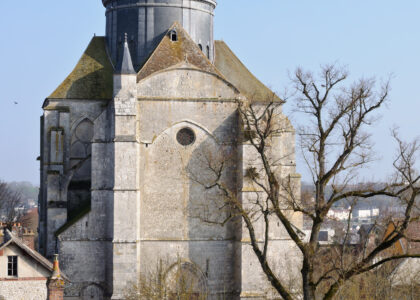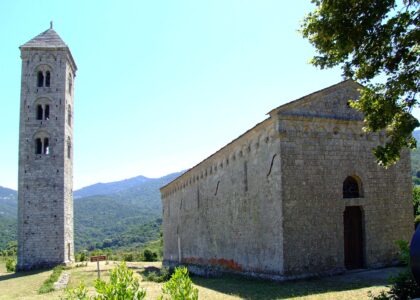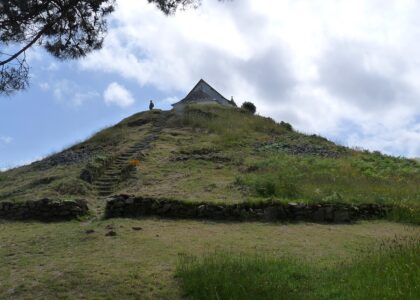Welcome to the Rural Hall Moravian Church, a significant landmark that stands as a testament to the enduring spirit and rich history of the Moravian community in North Carolina. Founded in the 19th century, the church has been a cornerstone of spiritual life and community gatherings for generations. The Moravian Church, known for its deep roots in the Protestant Reformation, found its way to the American landscape through the dedicated efforts of missionaries and settlers who sought to establish a community based on their unique Christian traditions.
The Rural Hall congregation was established amidst the rolling hills of Forsyth County, providing a place of worship and community for the local residents. Over the years, the church has been a silent witness to the many changes in the region, from the growth of nearby towns and cities to the evolving landscape of American religious practice.
One notable figure associated with the church is Barbara June Stauber Fultz, a lifelong member whose life journey reflected the dynamic history of the area. Born in 1935, June was a staple in the community, contributing to its spiritual and social life. Her story is one among many that illustrate the personal connections and legacies intertwined with the church’s history.
Throughout its history, the Rural Hall Moravian Church has not only provided spiritual guidance but has also been a hub for cultural and social events, bringing people together and fostering a sense of belonging. Its role in the broader context of the Moravian Church’s mission highlights the importance of community, faith, and perseverance.
As you explore this historic site, imagine the countless stories of faith, hope, and community that have unfolded within these walls. The church continues to serve as a beacon of peace and a reminder of the rich heritage of the Moravian faith in North Carolina.





